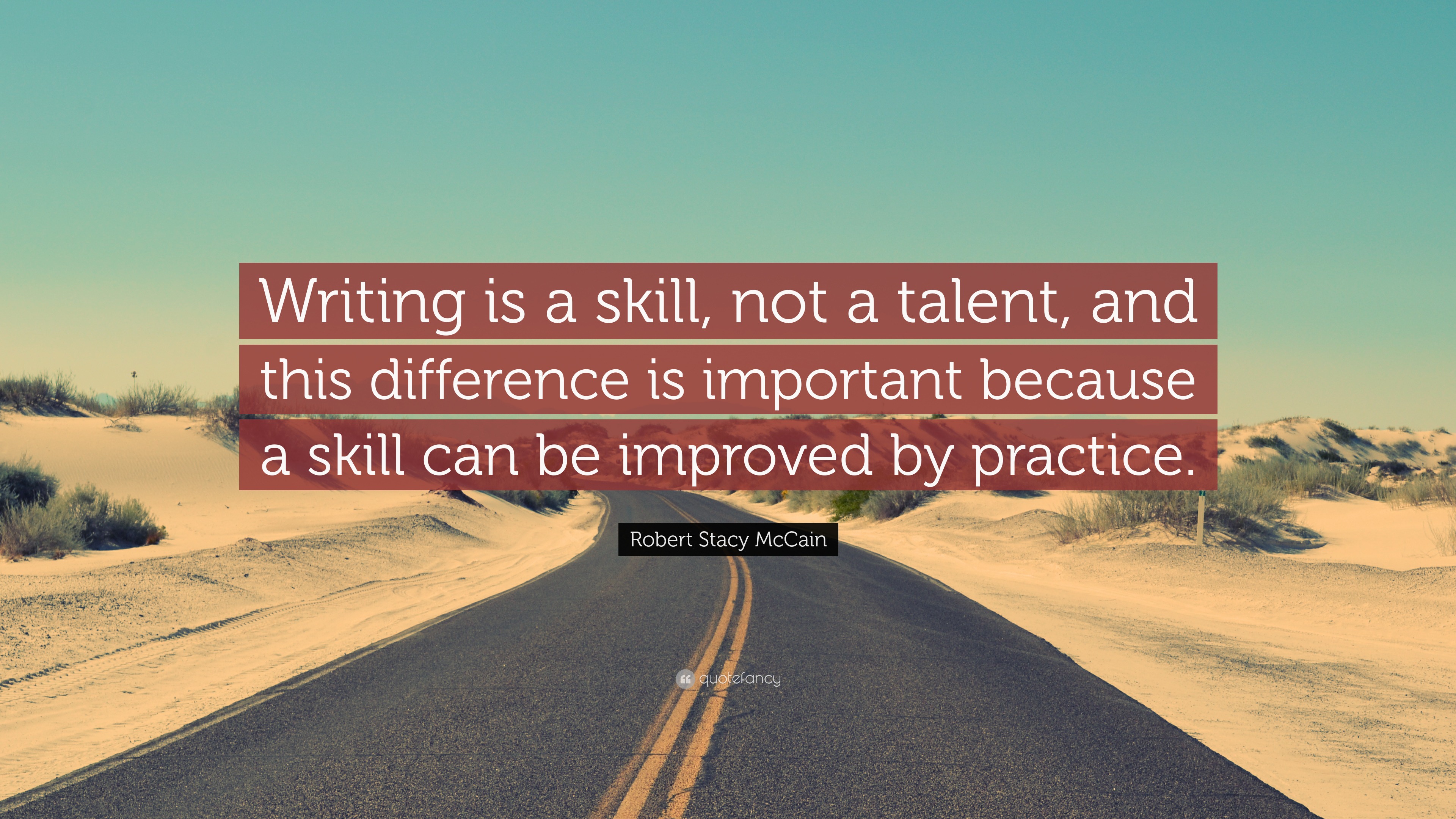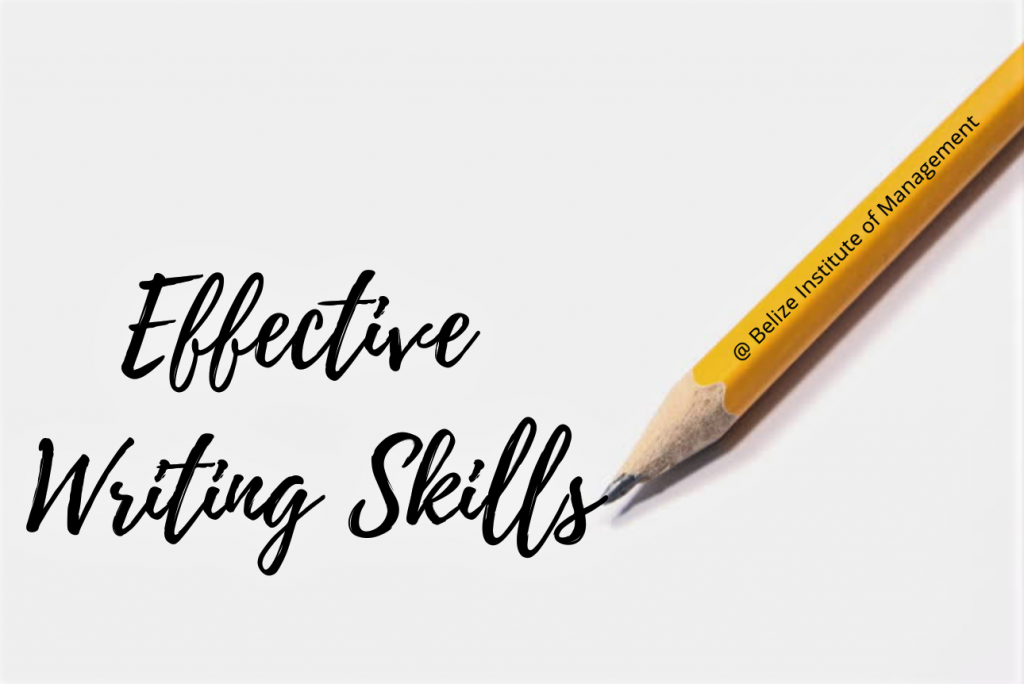Writing is one of the most essential forms of human communication. It is an art, a craft, and sometimes even a mystery. People often wonder, “Is writing a skill or talent?” The answer to this question has sparked debates among writers, educators, and enthusiasts for years.
At its core, writing is the ability to convey ideas, emotions, and information using words. It is a medium for expressing thoughts that transcends time and space. Through writing, we connect with readers across different cultures and centuries. Writing can take many forms, including storytelling, technical communication, poetry, persuasive arguments, and personal reflection.
Writing is unique because it blends structure and creativity. On one hand, it requires mastery of language mechanics such as grammar, punctuation, and syntax. On the other, it demands a spark of imagination to craft compelling narratives or arguments. This dual nature often complicates the question of whether writing is primarily a skill that can be learned or a talent that people are born with.
Writing in Everyday Life
In modern life, writing is everywhere. From sending an email to crafting a resume or sharing a social media post, writing skills influence how we communicate and connect. In professional fields like marketing, journalism, and academia, strong writing is indispensable. However, creative writing—such as novels, poetry, or screenplays—takes this art to another level, blending creativity and technical expertise.
Skill vs. Talent: The Debate
- Skill: Writing as a skill refers to the technical proficiency acquired through learning and practice. It involves understanding language rules, mastering style, and honing clarity and coherence.
- Talent: Writing as a talent emphasizes natural ability—a gift for storytelling, creativity, or language fluency. Some people seem to have an innate flair for captivating others with their words, even without formal training.
These definitions set the stage for understanding how skill and talent contribute to writing. While some argue that writing is entirely learnable, others believe it’s a gift you either have or don’t.

The Argument for Writing as a Skill
Writing as a skill is the belief that anyone can learn to write effectively with proper guidance, practice, and effort. This perspective emphasizes the structured nature of writing and the tools and techniques that can help individuals improve over time.
Writing as a Learnable Craft
Writing, like any other skill, can be broken down into components that are teachable and measurable. Consider the following aspects:
- Grammar and Syntax: These are the building blocks of clear communication. Understanding sentence structure, punctuation, and word usage is fundamental to effective writing.
- Style and Tone: Writers can learn to adapt their style to suit different purposes, such as persuasive essays, technical manuals, or creative fiction.
- Storytelling Techniques: Elements like plot structure, character development, and pacing are tools that can be taught and refined.
Through consistent practice and feedback, writers can improve their proficiency. Educational programs, writing workshops, and mentorship opportunities provide structured ways to develop these skills.
Case Studies of Writers Who Developed Their Craft
Many successful writers started with little more than a desire to learn and grow. Take the case of Stephen King, who began writing in obscurity and faced numerous rejections before honing his craft. His early works show a clear progression in narrative strength, character depth, and thematic exploration. Similarly, J.K. Rowling attributes much of her success to years of perseverance, rewriting, and learning from feedback.
These stories remind us that great writing doesn’t always emerge fully formed—it often results from years of dedicated effort.
The Role of Tools and Resources
In today’s digital age, there are countless tools to support skill-building in writing:
- Writing Software: Tools like Grammarly and ProWritingAid help identify errors and suggest improvements.
- Online Courses: Platforms like Coursera, Udemy, and MasterClass offer comprehensive writing programs.
- Communities and Workshops: Groups like NaNoWriMo and local writing clubs provide peer feedback and motivation.
A commitment to using these resources can transform even the most inexperienced writer into a competent one over time.
Writing as a skill underscores the power of persistence and education. With the right tools, techniques, and mindset, anyone can become a capable writer.

The Argument for Writing as a Talent
On the other side of the debate, some argue that writing is a natural talent—an innate ability that cannot be fully taught or replicated. This perspective emphasizes the uniqueness of individual creativity, imagination, and a natural command of language.
Writing as an Innate Ability
Proponents of the talent argument believe that some individuals are born with a natural affinity for writing. This might include:
- Creativity and Imagination: A natural ability to generate unique ideas, construct vivid imagery, and tell engaging stories.
- Effortless Linguistic Fluency: Some individuals have an instinctive grasp of language, enabling them to craft beautiful and precise sentences without extensive training.
- Empathy and Emotional Insight: A talent for understanding and expressing emotions in a way that resonates deeply with readers.
For example, literary legends like Emily Dickinson and William Shakespeare are often cited as examples of raw, unteachable talent. Their works display a depth of thought and originality that feels almost magical, leading many to believe they were born with an exceptional gift.
Examples of Natural Talent in Writing
- Child Prodigies: Some children demonstrate remarkable writing skills early in life, crafting stories or poems far beyond their years.
- Intuitive Storytelling: Talented writers often possess a “sixth sense” for narrative flow and emotional engagement, even without formal education.
However, it’s important to note that talent alone is rarely enough. Even the most gifted writers must practice and refine their abilities to achieve greatness.
Can Talent Be Enhanced?
While talent is innate, it can be nurtured and improved:
- Exposure to Literature: Talented writers often grow by reading widely, absorbing the techniques and styles of others.
- Opportunities for Expression: Providing a platform to share and experiment with writing can help natural talent flourish.
- Mentorship: Guidance from experienced writers can refine raw talent into polished ability.
For instance, many successful writers credit their mentors for shaping their early works. Talent may provide the foundation, but effort and guidance build the masterpiece.
Signs You May Have a Natural Talent for Writing
If you’re wondering whether you have a natural talent for writing, here are some signs to look for:
- You enjoy writing without feeling it’s a chore.
- Others often compliment your storytelling or writing style.
- You find it easy to articulate thoughts and emotions on paper.
- You have a knack for creating vivid imagery or compelling arguments.
While talent can give writers an edge, it’s not an automatic guarantee of success. Even the most gifted writers must work to refine their craft and reach their full potential.

Writing as a Blend of Skill and Talent
The reality for most writers lies somewhere in the middle. Writing is neither purely a skill nor purely a talent but a combination of both. Natural talent can give a head start, while developing skills through practice and education ensures that a writer reaches their potential.
The Interplay Between Skill and Talent
Talent and skill often complement each other in writing:
- Talent Provides the Spark: A natural ability for storytelling or creativity can inspire unique and original ideas.
- Skill Sustains the Flame: Technical expertise ensures that those ideas are communicated effectively and professionally.
For instance, a naturally talented writer may struggle with structure or grammar, which could hinder their ability to engage readers. On the other hand, a highly skilled writer without creative talent might produce technically perfect but uninspired works. The best writers balance both aspects.
Case Studies: Mastering the Balance
- Harper Lee (Author of To Kill a Mockingbird): Lee’s exceptional storytelling talent is evident in her ability to weave social commentary into a compelling narrative. However, her extensive revisions and consultations with her editor highlight the role of skill in perfecting her masterpiece.
- George Orwell (Author of 1984): Known for his clarity and precision, Orwell’s early writing showed talent, but his development of skill through journalism and essays transformed him into one of the most impactful writers of his time.
These examples illustrate how talent can shine brightest when paired with a strong foundation of skill.
Does One Matter More Than the Other?
The importance of skill versus talent often depends on the type of writing:
| Type of Writing | Talent | Skill |
|---|---|---|
| Creative Writing | Strong emphasis on imagination and originality. | Skill in structure, pacing, and editing is vital. |
| Technical Writing | Less reliant on creativity; clarity is key. | Deep mastery of technical terms and audience needs is essential. |
| Journalism | An instinct for storytelling and perspective is useful. | Adherence to factual accuracy and journalistic ethics is critical. |
| Marketing Copy | Creativity in language and emotional appeal is vital. | Skill in persuasive techniques and audience targeting is essential. |
Understanding these differences can help writers prioritize which areas to focus on based on their goals.
Balancing Skill and Talent in Your Writing Journey
Whether you’re naturally gifted or starting from scratch, the path to becoming a better writer involves:
- Assessing Your Strengths: Recognize whether your writing leans more on talent or skill.
- Bridging the Gap: If you lack technical skill, invest in learning. If you lack creativity, experiment with free writing or storytelling exercises.
- Continual Learning: Writing is a lifelong journey; even seasoned authors constantly refine their craft.
Writing is most powerful when talent and skill come together. By recognizing your strengths and addressing your weaknesses, you can achieve a well-rounded mastery of the craft.